.jpg)
Supplementing regulations on building a database on international commitments
National Assembly Deputy Thach Phuoc Binh ( Vinh Long ) acknowledged that this draft Law has approached practical requirements when focusing on streamlining procedures, shortening processing time and expanding flexible mechanisms in negotiating, signing and implementing international treaties. Reducing the time for comments, examination and appraisal to 10 days or 5 days according to the simplified procedure is a big step forward, helping to improve proactiveness and promptly respond to foreign affairs requirements in the context of deep integration and complex strategic competition.
To ensure this regulation is feasible, delegate Thach Phuoc Binh suggested that there should be a mechanism to confirm complete documents immediately upon receipt, to avoid the situation where each agency has a different understanding of valid documents, leading to prolonged processing time.
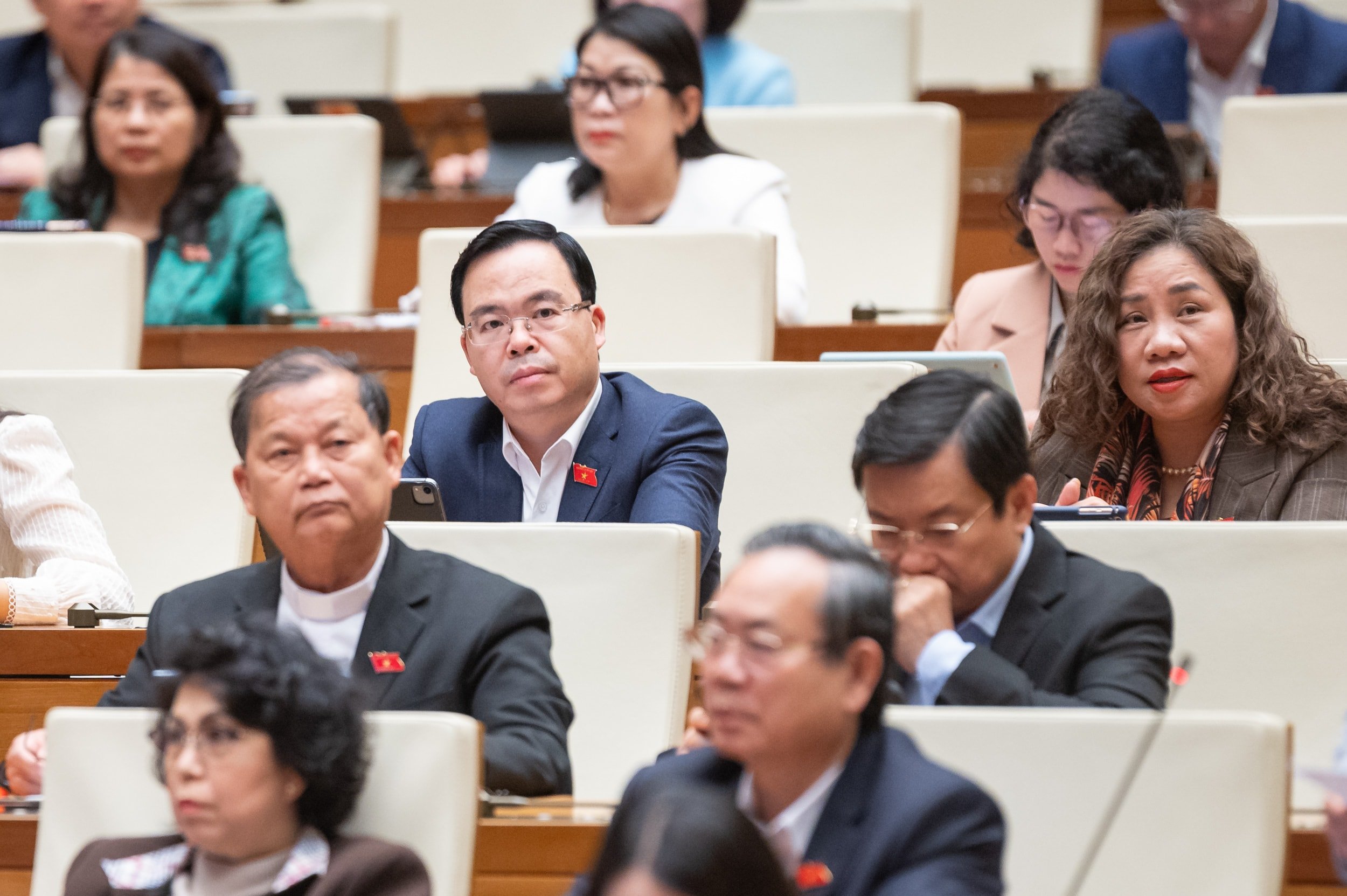
At the same time, for multi-sectoral treaties with far-reaching impacts such as trade, investment, finance and defense agreements, the 10-day deadline may not be sufficient to meet the appraisal requirements. Therefore, it is necessary to consider a conditional extension mechanism along with clearly defining the legal consequences when the agency fails to respond on time to ensure strictness and effective implementation.
National Assembly Deputy Nguyen Tam Hung ( Ho Chi Minh City) proposed adding inter-sectoral coordination responsibilities and a mandatory accountability mechanism to avoid the situation where some ministries and sectors propose treaties but fail to fully quantify the impact on the domestic legal system. Establishing additional accountability requirements will help improve accountability and ensure that international treaties are negotiated on the basis of fully assessing policy impacts.
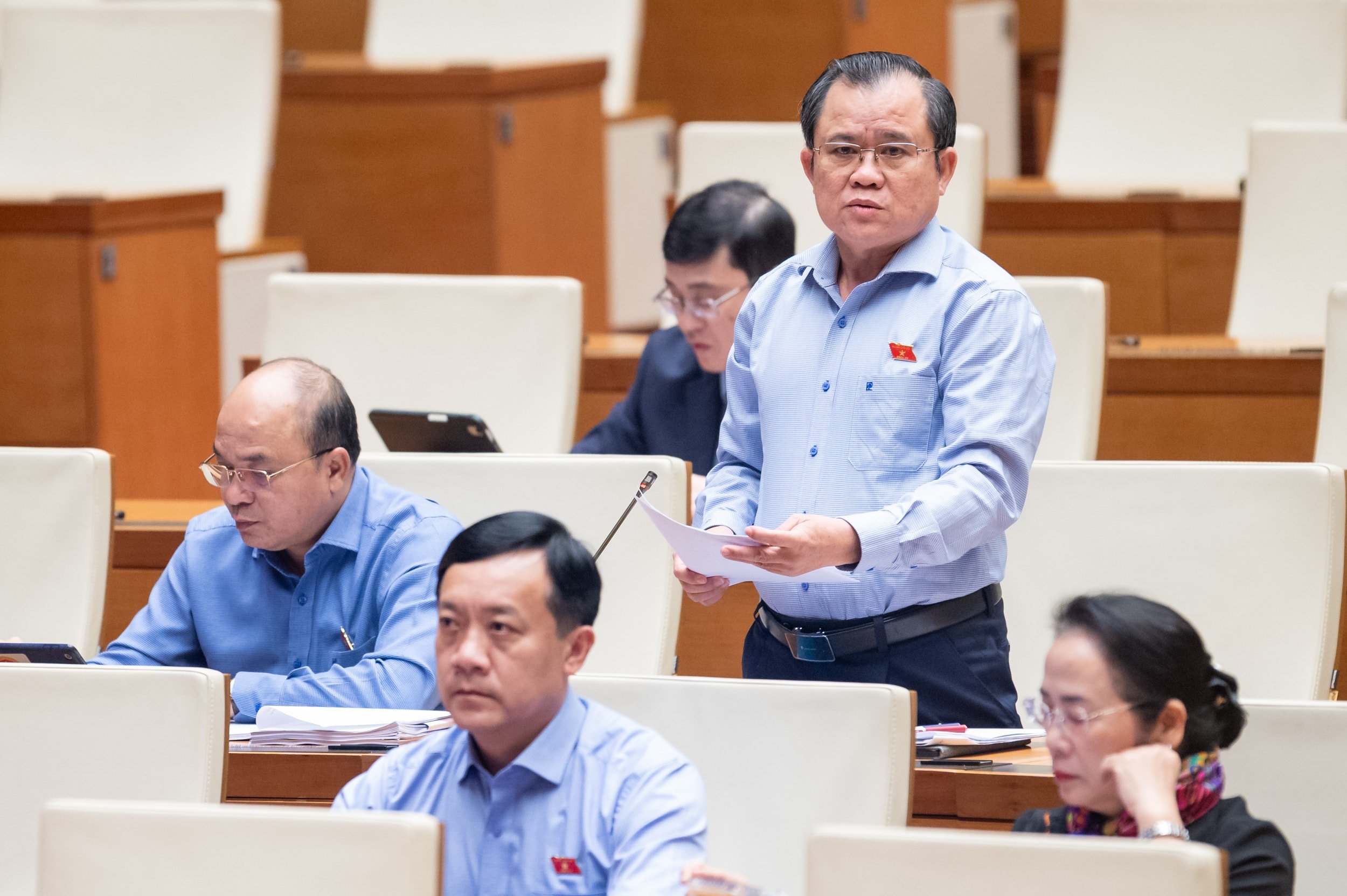
National Assembly Deputy Nguyen Thi Le Thuy (Vinh Long) proposed to add regulations on building a database on international commitments of the Socialist Republic of Vietnam and said that this is an effective solution to improve the effectiveness of state management, monitoring and implementation of international commitments in accordance with the law, and at the same time, directly support people and businesses to fully and promptly access information on international commitments, taking advantage of opportunities brought about by Vietnam's participation in international treaties.
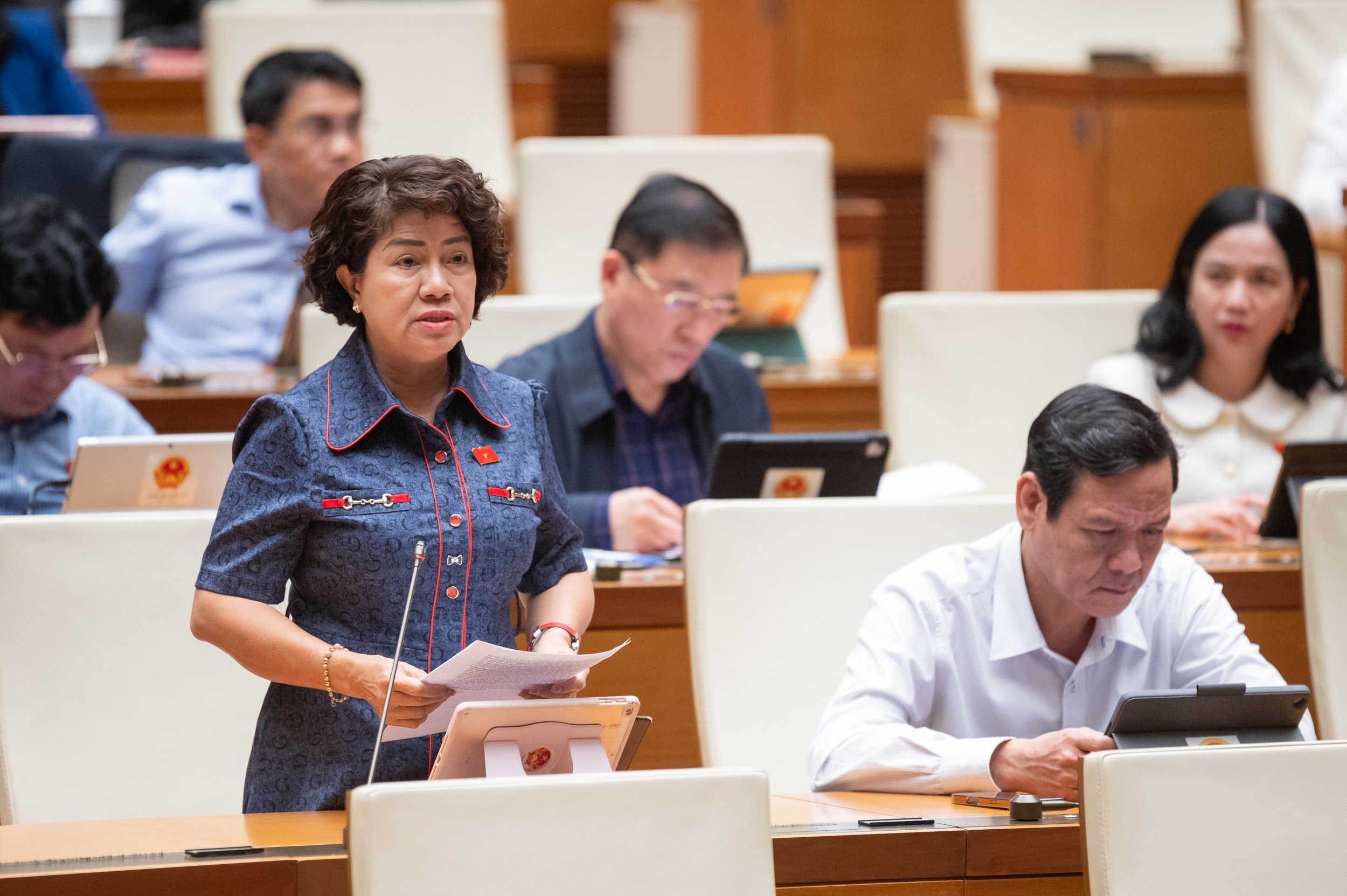
Delegates emphasized that building a database on international commitments is also in line with the Party's policy on digital transformation and cutting administrative procedures.
Building a mechanism to support businesses in connecting to markets and participating deeply in the global supply chain
Discussing the draft Resolution on a number of specific mechanisms and policies to improve the effectiveness of international integration, National Assembly deputies agreed on the necessity of issuing a Resolution to promptly institutionalize the Party's guiding viewpoints in Resolution 59-NQ/TW of the Politburo on international integration in the new situation.
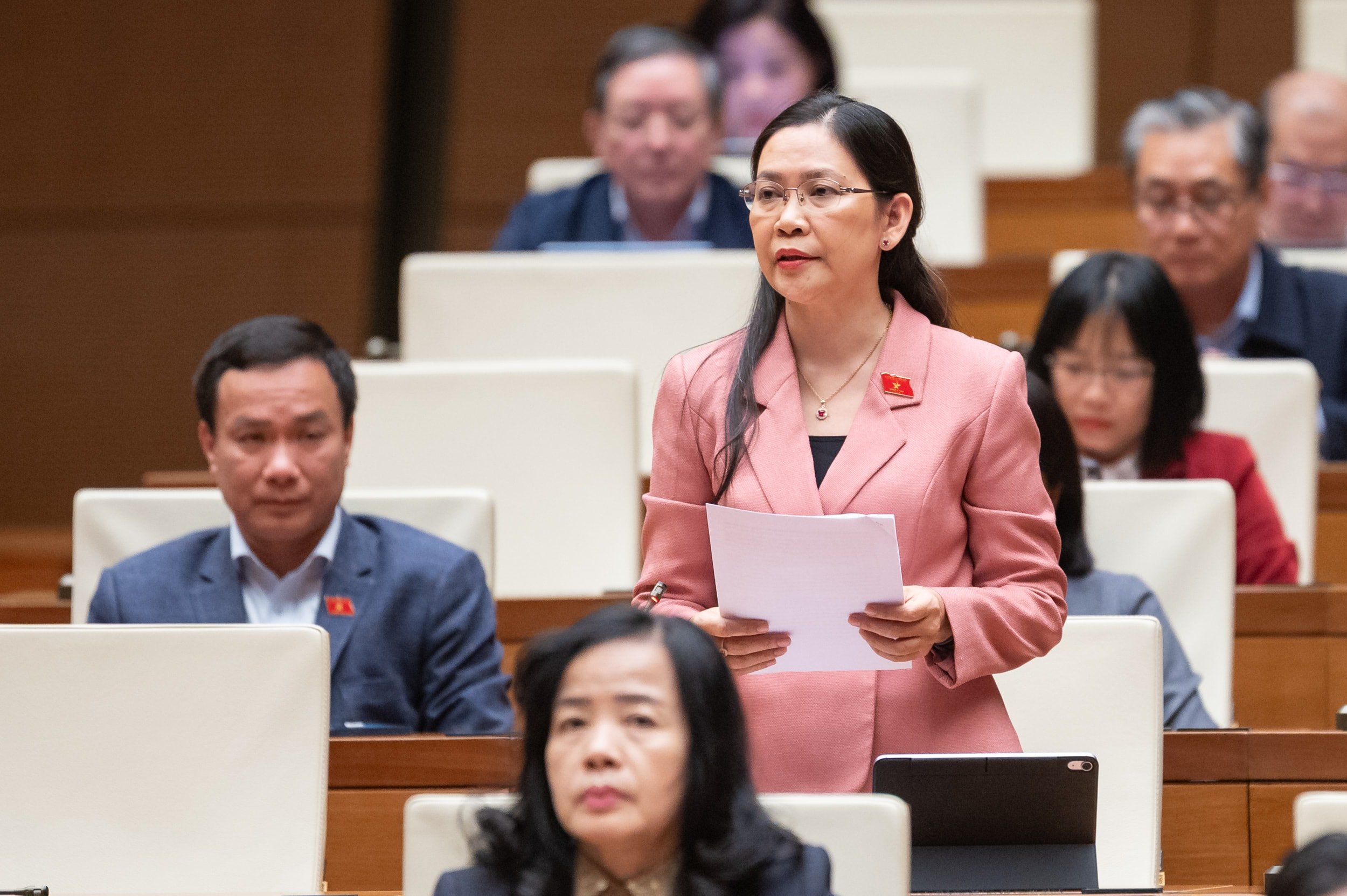
Concerned about the content of border diplomacy in Article 17 of the draft Resolution, National Assembly Delegate Huynh Thi Anh Suong (Quang Ngai) suggested that, in addition to the provisions on investment in building new and repairing damaged boundary markers, the draft Resolution should add a mechanism allowing localities to repair baseline markers used to calculate the width of territorial waters in Vietnam's waters, allowing localities to support cultural exchange activities, cooperation exchanges, and sharing of experiences in health and education with neighboring localities of the neighboring country. Along with that, it is suggested to add foreign affairs on the sea and islands, specifically, pay attention to promoting and strengthening friendly cooperation with countries, territories, and localities in the East Sea region to cooperate internationally in protecting the marine environment, cooperating in aquaculture, exploitation, and fishing, and implementing the work of protecting fishermen who legally catch and exploit aquatic and marine products in international waters.
In addition, delegate Huynh Thi Anh Suong also agreed with the provisions in Article 7 of the draft Resolution to create conditions to encourage the presence of international organizations in Vietnam, contributing to enhancing understanding and research in Vietnam, creating favorable conditions for economic development, international cooperation, unifying the Vietnam research program and the guest program of the leaders of the Party, State and Government of the Socialist Republic of Vietnam in Clause 4 of this Article.
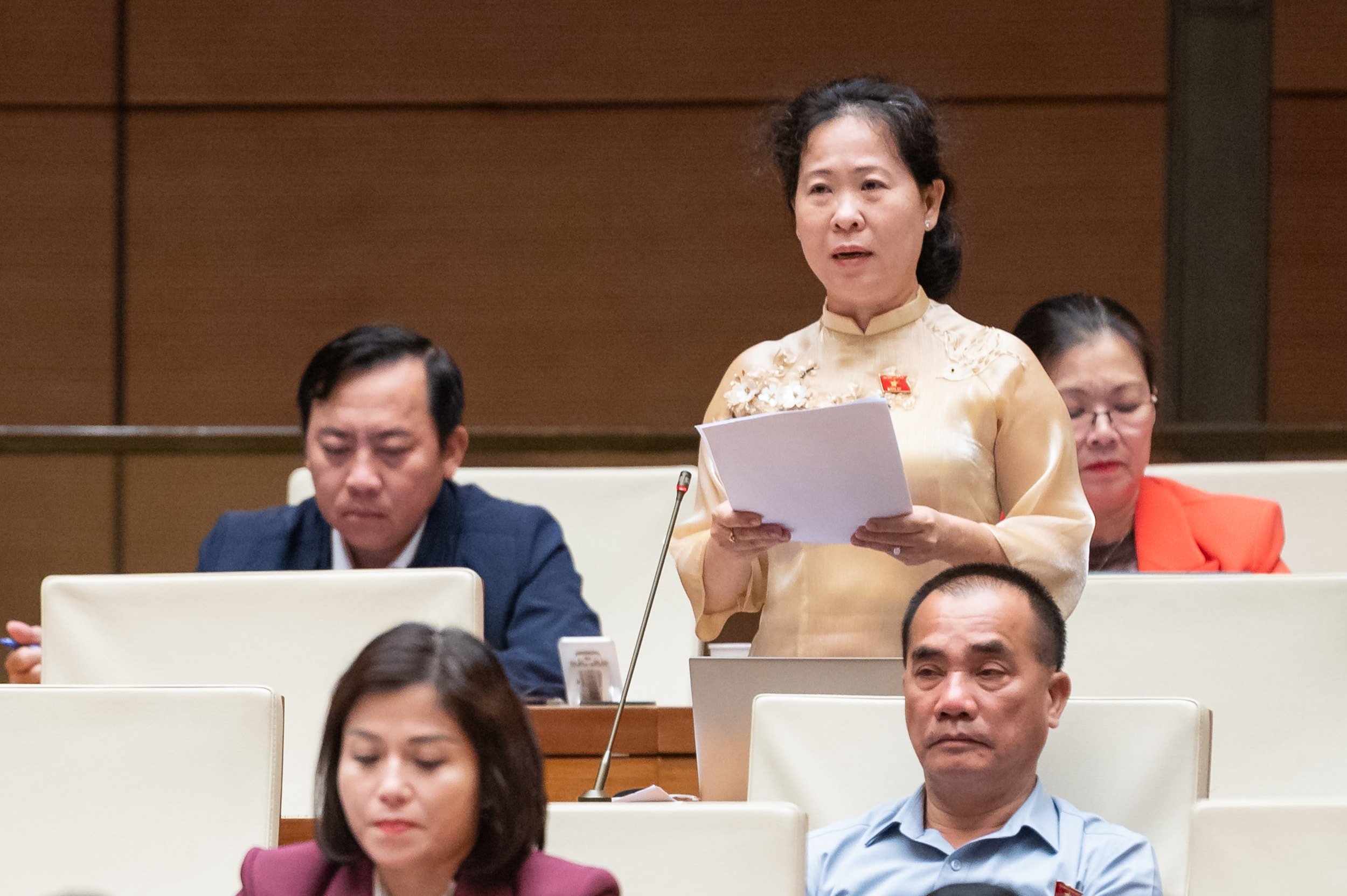
Concerned about the policy of using trade defense tax to support businesses in Article 14 of the draft Resolution, National Assembly Deputy To Ai Vang (Can Tho) emphasized that the use of trade defense tax is an important tool permitted by international law to protect domestic production industries from unfair competition, but this measure will not be enough to comprehensively support businesses.
Therefore, delegate To Ai Vang suggested that, in addition to tax policy, the draft Resolution should consider adding a clause assigning the Government to prescribe specific policies to support businesses, especially small and medium enterprises, in updating and providing information on market trends; organizing in-depth training courses on International Trade Law, accessing modern management models, applying advanced technology in production, processing, packaging, product preservation and connecting businesses to participate more deeply in the global supply chain, connecting with potential partners and promoting participation in international fairs and exhibitions.
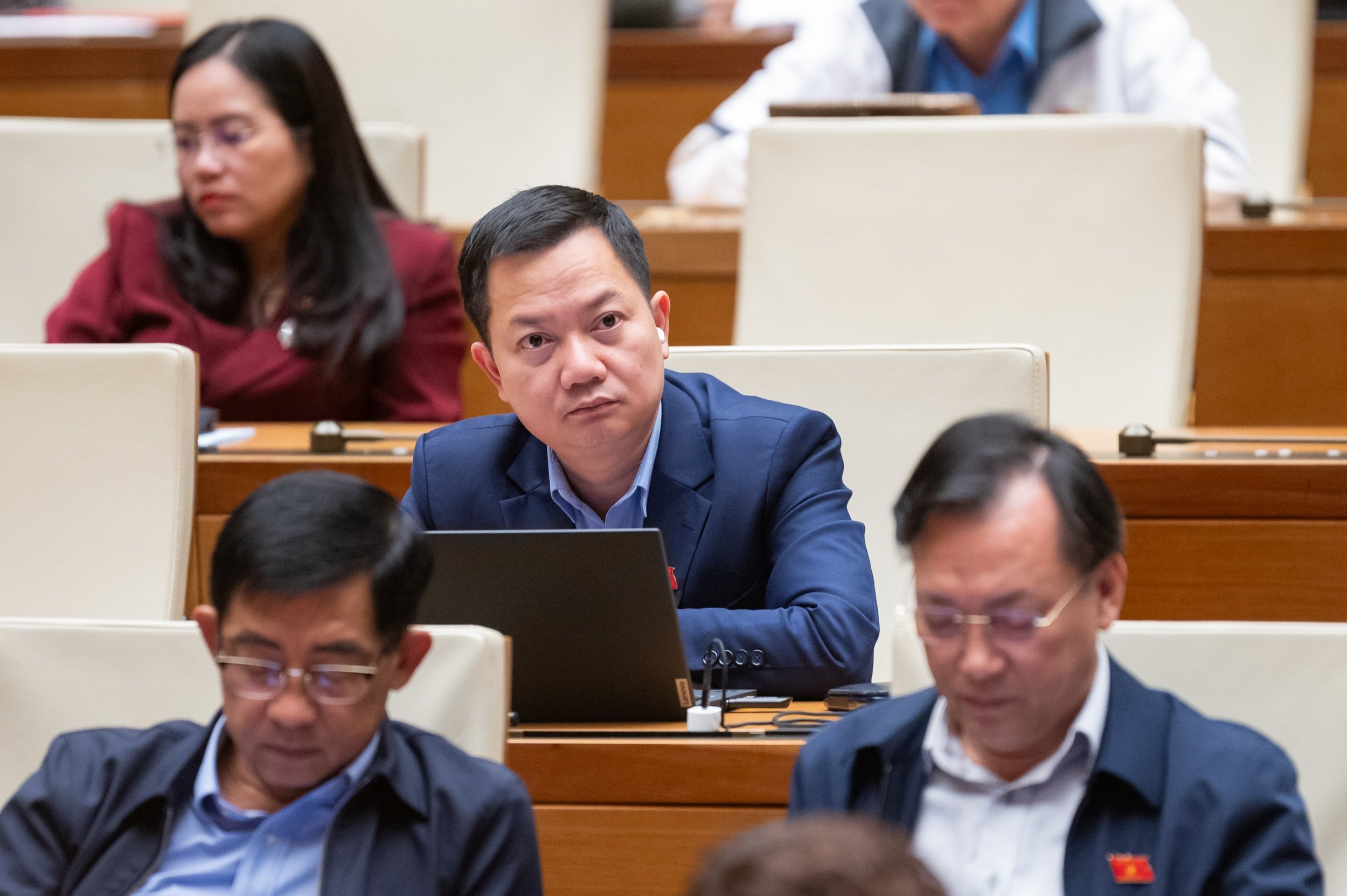
Delegate To Ai Vang also proposed to build a close cooperation mechanism between customs agencies and international partners to facilitate export activities, reduce trade barriers, and minimize administrative procedures to ensure quick and smooth customs clearance.
National Assembly Deputy Tran Thi Van (Bac Ninh) pointed out that in recent times, trade defense investigations against Vietnam's export goods have been increasing rapidly and becoming increasingly complicated. According to statistics, by mid-2025, Vietnam had faced about 290 cases from 25 different markets. The imposition of trade defense taxes has caused export prices to increase sharply, reducing competitiveness, eroding the profits and resources of businesses, especially in cases where the cases have been prolonged for many years. In many cases, taxes are too high, forcing businesses to withdraw from the market; while low taxes will hinder growth and slow down the time to expand market share. Small and medium-sized enterprises do not have enough money to pursue the cases, while they are the ones most heavily affected.
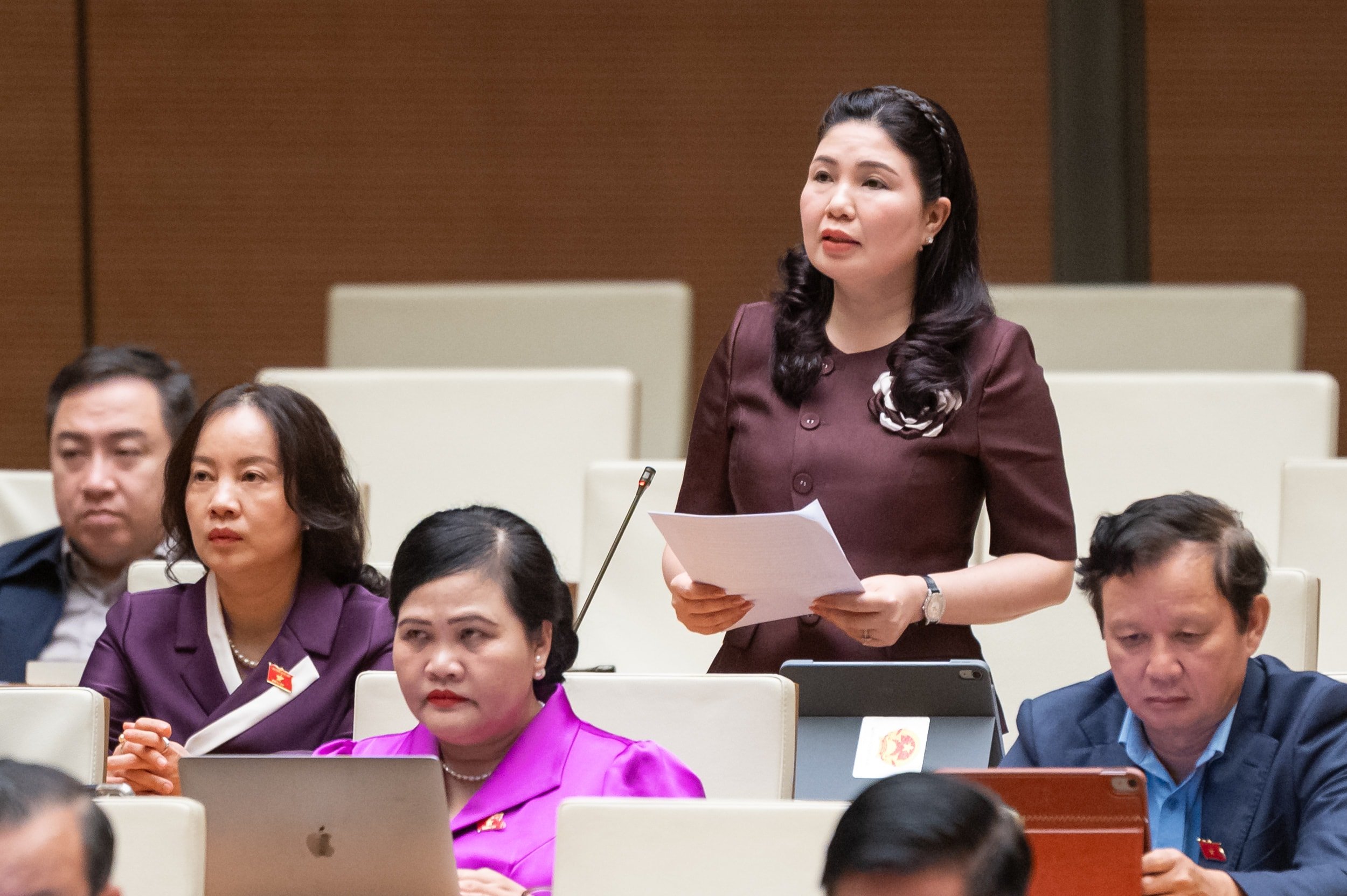
Raising the above issue, delegate Tran Thi Van emphasized that without appropriate support mechanisms, the risk of losing the market is entirely possible even if domestic products have good quality and competitiveness.
Delegate Tran Thi Van also affirmed that building a mechanism to support businesses in responding to trade defense is necessary and urgent. However, it is necessary to design appropriate policies to ensure that they support businesses but do not violate the regulations prohibited by the WTO.
Delegate Tran Thi Van proposed that the draft Resolution clearly stipulate the principles for using the state budget to deduct a portion of import tax to serve trade defense work, ensuring compliance with international commitments and assigning the Government to provide specific instructions.
Source: https://daibieunhandan.vn/nang-cao-hieu-qua-cong-tac-hoi-nhap-quoc-te-10397238.html



![[Photo] Close-up of heavy damage at the school located on the banks of the Ban Thach River](/_next/image?url=https%3A%2F%2Fvphoto.vietnam.vn%2Fthumb%2F1200x675%2Fvietnam%2Fresource%2FIMAGE%2F2025%2F11%2F26%2F1764152130492_ndo_bl_img-8188-8805-jpg.webp&w=3840&q=75)




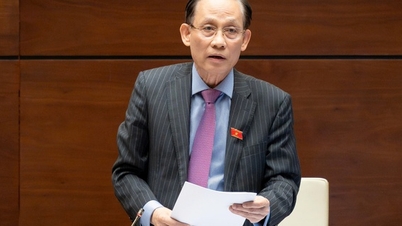



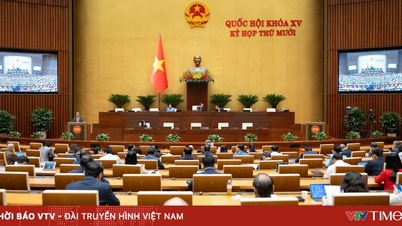

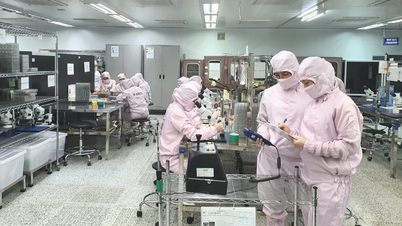





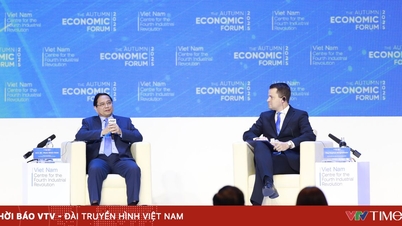
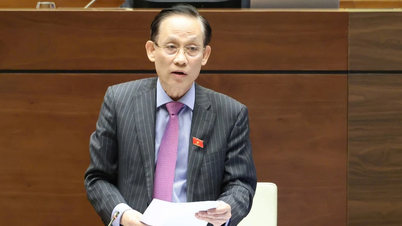

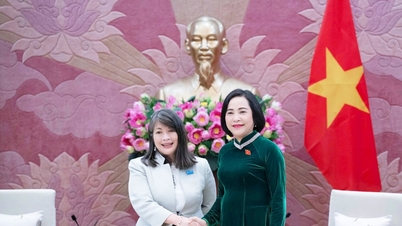
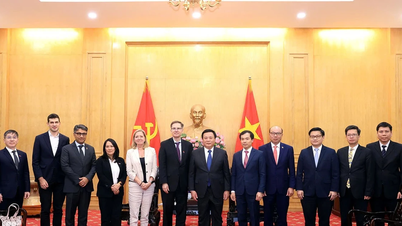
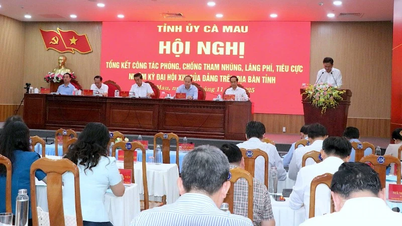
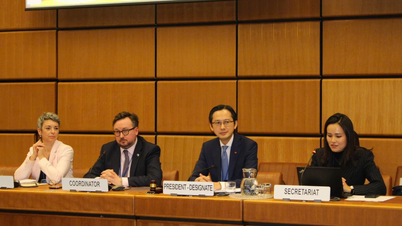




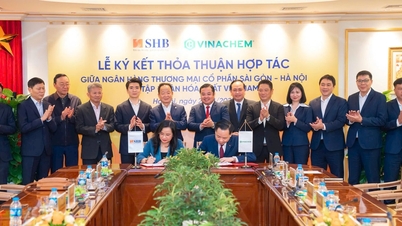
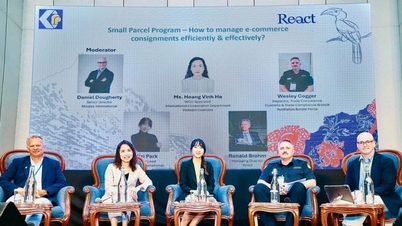

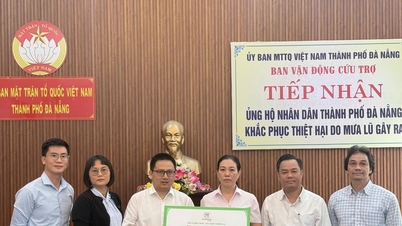
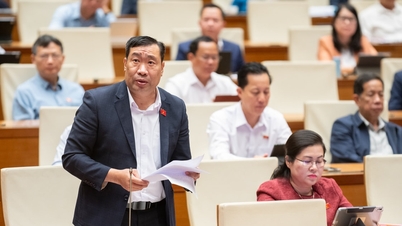
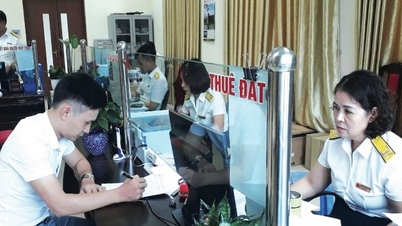








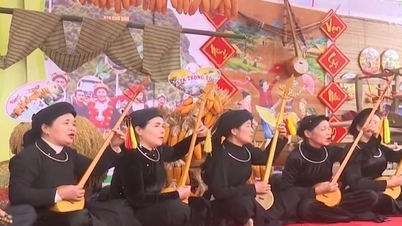




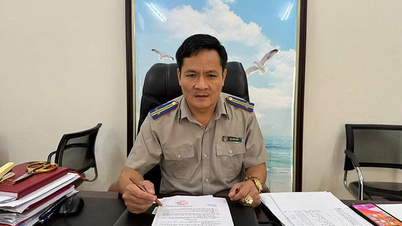

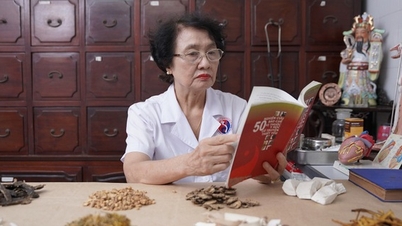

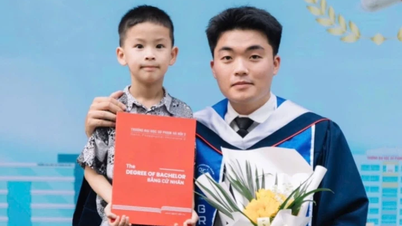

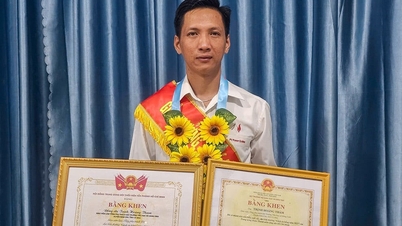

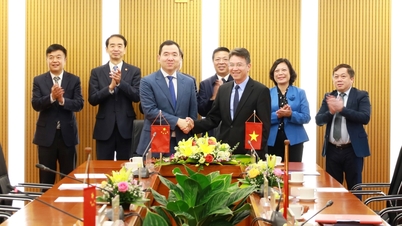



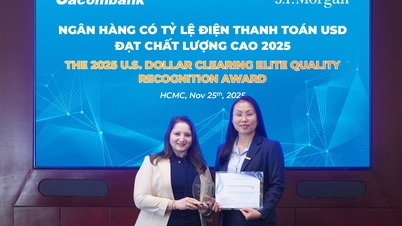

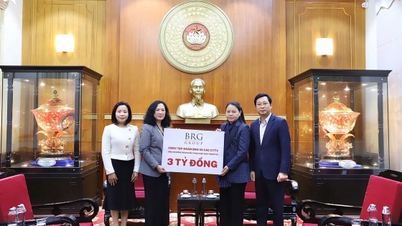












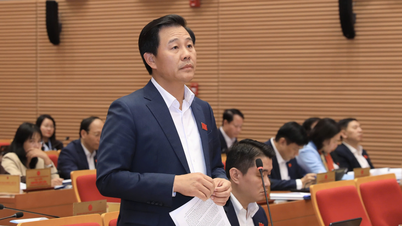
![[Photo] Opening of the 28th Session of the Hanoi People's Council](https://vphoto.vietnam.vn/thumb/402x226/vietnam/resource/IMAGE/2025/11/26/1764155991133_image.jpeg)



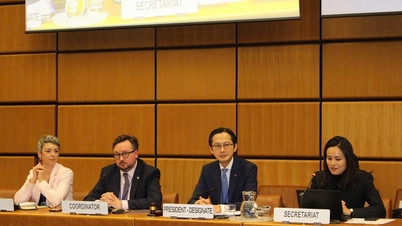

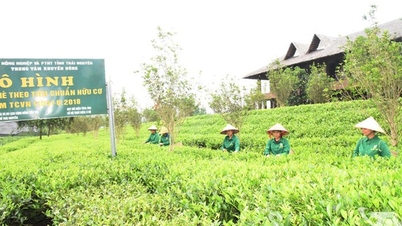
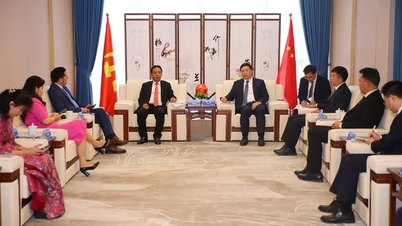



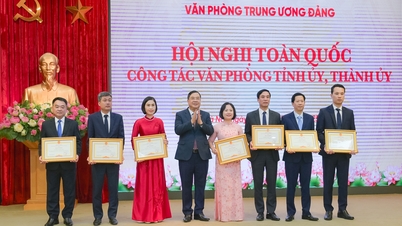

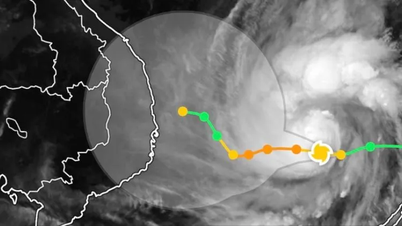

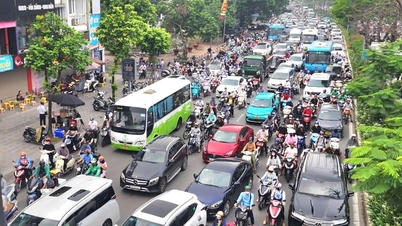

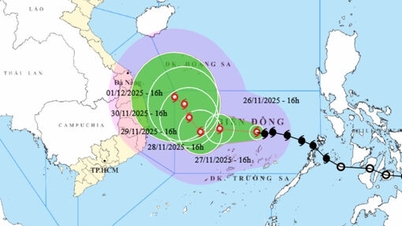

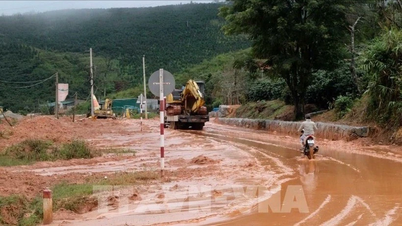

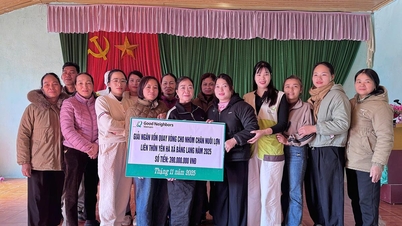

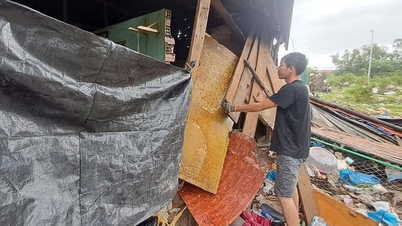














Comment (0)